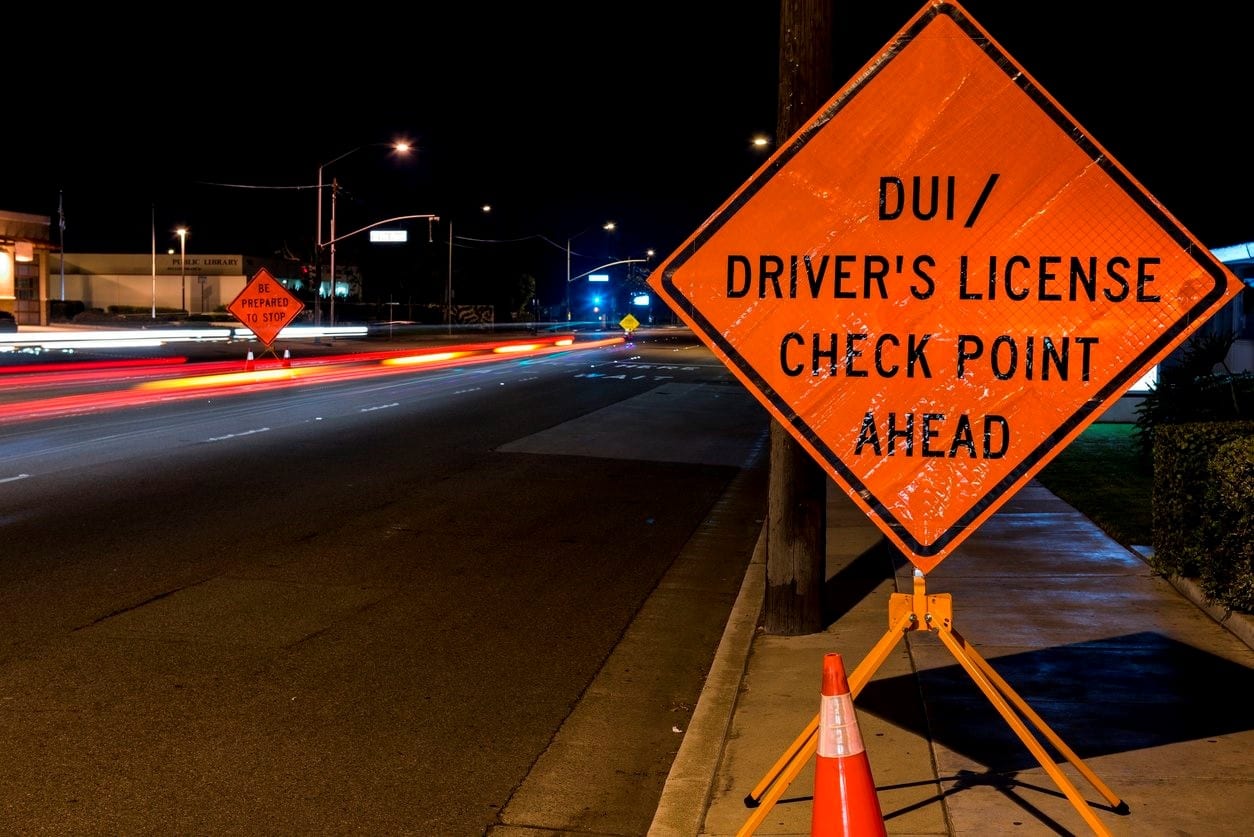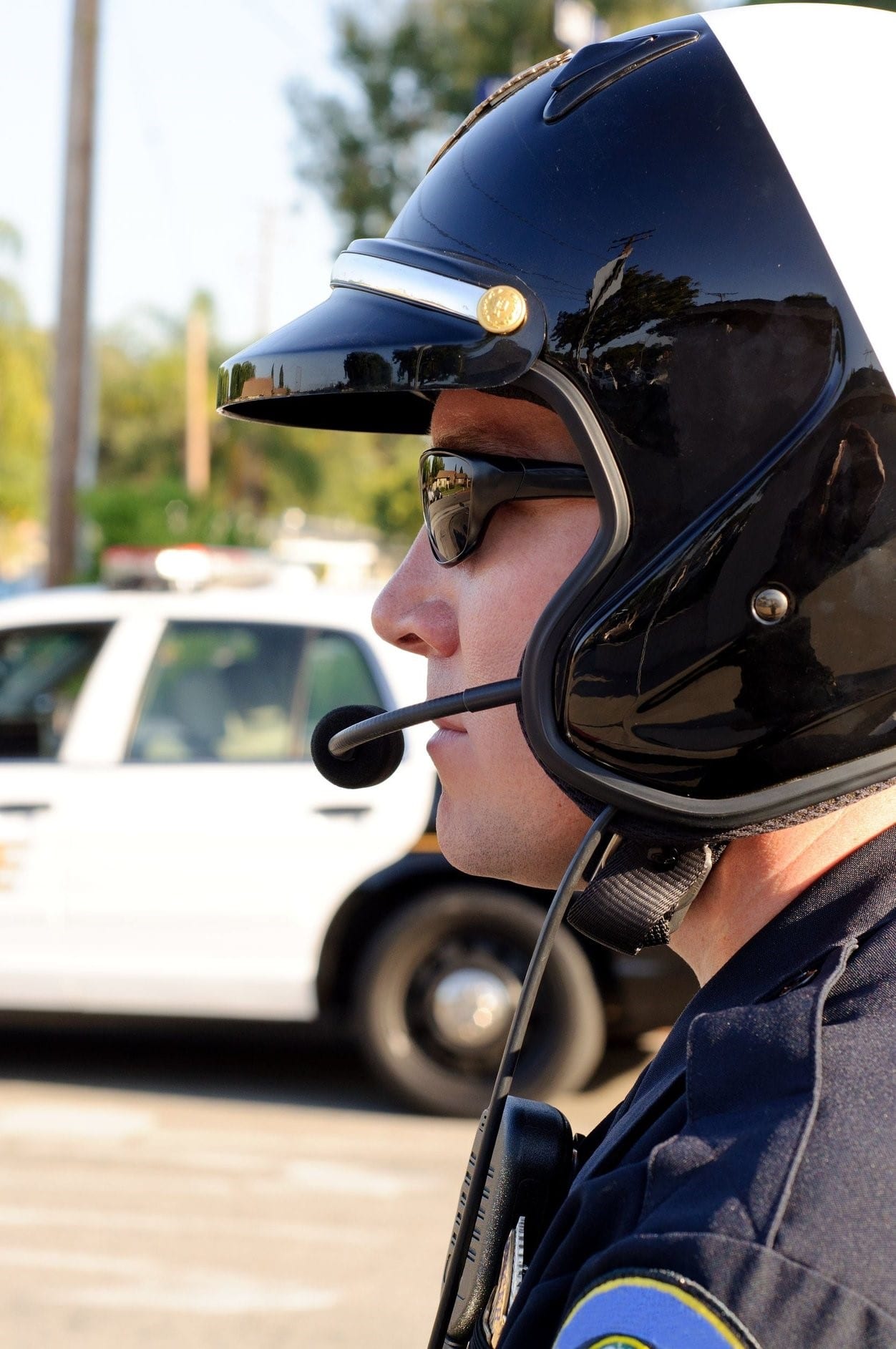
As the summer approaches, the risk of being on the road with a drunk driver drastically increases. So many states attempt to reduce the rate of drunk driving by setting up sobriety checkpoints.
These checkpoints are a roadblock. Based on a system agreed-upon beforehand, certain passing drivers will have to stop, speak to a police officer, and be subjected to field sobriety testing. These roadblocks, or sobriety checkpoints, are placed at random locations in hopes of catching drivers who have been drinking but do not necessarily appear to be driving under the influence.
Minnesota is not one of the states that does this. But why?
The Argument over Sobriety Checkpoints
Close to 40 out of our 50 states conduct sobriety checkpoints, and the U.S. Supreme Court has determined that they are constitutional and permissible. However, in 1994, the Minnesota State Supreme Court ruled sobriety checkpoints unconstitutional.
Supporters of sobriety checkpoints argue that sobriety checkpoints offer clear benefits to society. Even the possibility of a checkpoint can discourage people from drinking and driving. Statistically, sobriety checkpoints reduce alcohol-related crashes by almost 10%.
So what reason do opponents give for preventing checkpoints? How is it deemed unconstitutional? Of the 12 states that have banned sobriety checkpoints, most cite the part of the U.S. Constitution – or their state constitution – that deals with search and seizure.
Every U.S. citizen has a right to be free of unreasonable intrusion by the government. Under search and seizure, what this means in a nutshell is that police officers and other government officials can’t just stop you and search you or your property and take things from you just because they want to. There needs to be a clear and specific suspicion of wrongdoing – “probable cause” – and in some cases they have to go through the proper channels to acquire a search warrant first.
Opponents of sobriety checkpoints argue that pulling people over and conducting searches without suspicion – even if it may steer people away from drunk driving – is unethical. Many say it could lead to other unwarranted searches made in the name of the common good.
But while you’re rejoicing in the fact that Minnesota lawmakers are protecting your privacy in this way, don’t start thinking that our state ignores driving under the influence. Quite the opposite.

How You Can Be Charged with a DUI in Minnesota
There are all kinds of reasons why Minnesota police can pull you over if they have reason to believe that you are driving under the influence. The following behaviors can lead to reasonable suspicion:
- Drifting in and out of traffic lanes
- Swerving
- Tailgating
- Taking an illegal or abrupt turn
- Frequent and abrupt braking
- Driving in the dark without headlights
- Driving in an incorrect lane
If you are pulled over and charged with DUI or DWI, you may face serious consequences. Minnesota has four different degrees of DUI, and many people are sentenced to jail time, heavy fines, and suspension of their license.
The following will determine what degree of DUI/DWI you may face:
- Your interaction with the police
- Your blood alcohol level
- Your history of DUI/DWI convictions
- Any bodily harm caused to yourself, a passenger, or another car due to driving under the influence
- Refusal to submit to chemical testing
The lowest classification of DUI/DWI (Fourth Degree DWI) is simply a misdemeanor and does not usually come with jail time. First Degree DWI has a maximum sentence of 7 years in prison and up to $14,000 in fines. The defense strategies you use and the behavior you display during your case is crucial to proving your innocence or shortening your sentence.
Also, keep in mind that most states do allow sobriety checkpoints. If you take a road trip this summer, be aware that you may run across one. Know and understand your rights during every step of the process. If you are charged with DUI/DWI, we urge you to consult with a knowledgeable Minnesota DUI lawyer immediately.
About the Author:
Christopher Keyser is a Minneapolis-based criminal and DWI defense attorney known for fighting aggressively for his clients and utilizing innovative tactics to get the most positive results. He has been featured in numerous media outlets due to the breadth and depth of his knowledge, and recognized as a Minnesota Super Lawyers Rising Star (2014–2015), a Top 100 Trial Lawyer (2013–2015), and a Top 40 Under 40 Attorney (2013–2015).





